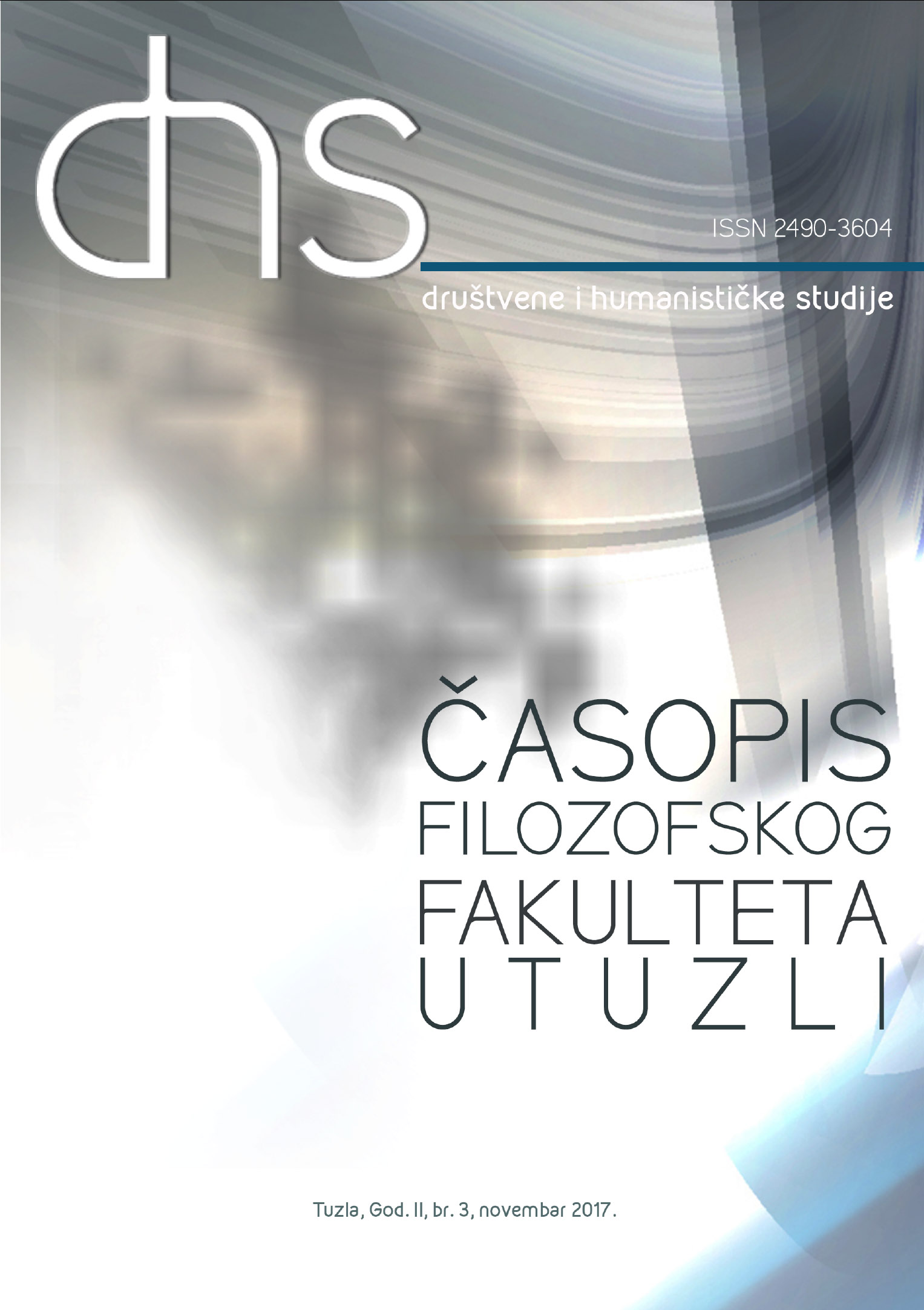„Oni su odstupili” – Blajburg 1945. i Bošnjaci u historiografiji i sjećanjima: primjer Gračanice
„They Retreated“ – Blyburgh 1945 and Bosniaks in Historiography and Memories: An Example of Gracanica
Author(s): Omer HamzićSubject(s): History, Recent History (1900 till today), 19th Century, WW II and following years (1940 - 1949)
Published by: Filozofski fakultet Univerziteta u Tuzli
Keywords: Bleiburg; Yugoslav army; Ustasha; partisans; communist Yugoslavia; the Independent State of Croatia; Gračanica; the victimology;
Summary/Abstract: The term “Bleiburg tragedy” mostly refers to the forces of Independent State of Croatia (NDH) andcivilians imprisoned in Bleiburg and Slovenia and the tribulations they experienced when retreatingbefore the forces of the Yugoslav army in the finale of the war and immediately after it. Despite being in the focus of the historical science lately (especially in Croatia and Slovenia), this topic is still controversial and disputed in the entire territory of the former Yugoslavia. As is well known, the new communist government had its own vision of the Second World War and thus did not allow this topic to be addressed. In fact, all victims had been forgotten from 1945 to 1990 – the Catholics, Muslims, Serbs, and Slovenes. These topics started to be considered only after the fall of communism, the breakup of the socialist Yugoslavia and the emergence of new countries in this territory. Moreover, the process of revising the past began, including the issue of the victims of the communist regime.In view of the fact that the Bleiburg tragedy largely remained outside of the focus of history in Bosniaand Herzegovina, referring to the results of a local study, the author paid a special attention to the culture of memory and specific perception of the Bleiburg tragedy in the folk memory of the Bosniaks in the region of Gračanica. He also addressed the way this problem had been treated in the Croatian historiography, commemorative gatherings, and political narrative, especially when it comes to theBosniaks who were murdered in Bleiburg as the Muslim Croats. According to the folk memory of theBosniaks, they were those who, as soldiers, fled another failed and essentially foreign country in 1945. While reminding about different perceptions about the delicate topic of Bleiburg in certain classes of the Bosniak society, the author pointed out the fact that the Bleiburg tragedy has not been the focus of interest of the historical science in Bosnia and Herzegovina and he left open the question of the content of commemorations and paying tributes to the Bosniak victims at the Bleiburg field.
Journal: DHS-Društvene i humanističke studije: časopis Filozofskog fakulteta u Tuzli
- Issue Year: III/2017
- Issue No: 3
- Page Range: 145-165
- Page Count: 22
- Language: Bosnian

